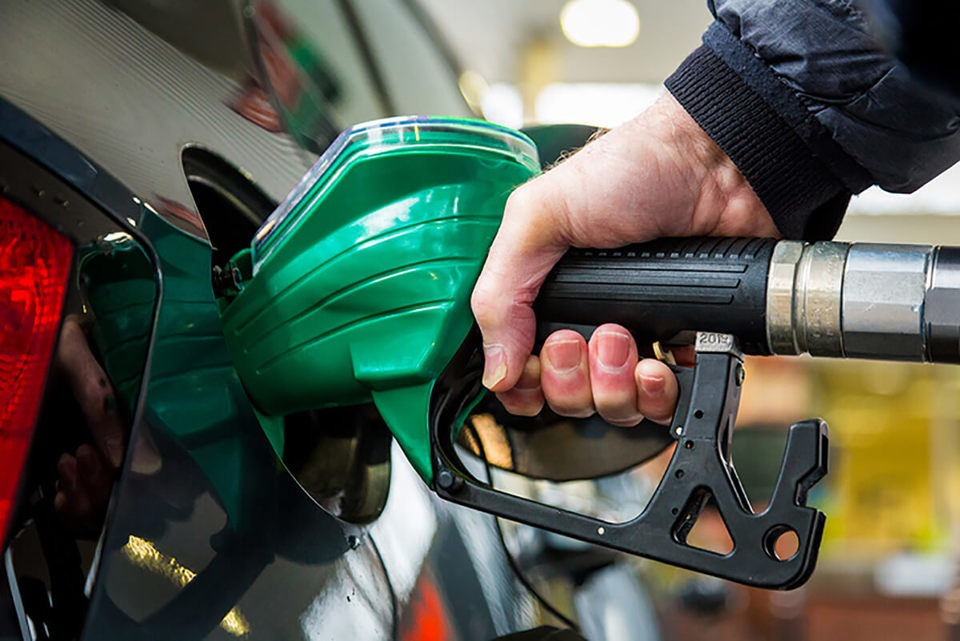The UK’s biggest fuel retailers are being urged by the RAC to cut fuel prices at the pumps to reflect a steady drop in wholesale costs, which began at the start of July and accelerated sharply last week.
With retailers having been found by the Competition and Markets Authority to have overcharged drivers by £1.6bn in 2023, the RAC believes the recent fall in the price of oil and the strengthening of the pound – the two biggest factors in determining the wholesale price of petrol and diesel – present an opportunity for retailers to reduce their pump prices significantly.
Data from RAC Fuel Watch shows the delivered wholesale price of petrol averaged 103p a litre last week which, with a retailer margin of 10p – 2p more than the long-term average of 8p – should lead to average prices of just under 136p including VAT, 6p lower than the current UK average of 142p.
Diesel, which is currently averaging 147p, should be being sold for 139p, adds the RAC, with a 10p retailer margin given the wholesale price of 106p.
Furthermore, RAC analysis suggests that the UK has now has the most expensive diesel in Europe for the last 16 out of 17 weeks, and that’s with a 5p fuel duty discount.
The average price of a litre of unleaded bought at one of the big four supermarkets, which dominate UK fuel sales, is 138p and diesel is 143p.
The RAC says that their petrol is priced the same as the average price charged across the whole of Northern Ireland but diesel there is still 3p cheaper than at UK supermarkets, at an average of 139.7p.
The RAC is also aware that some retailers are undercutting their much larger supermarket rivals. At Portlethen in Scotland a newly opened forecourt under the banner of EG On The Move was selling both petrol and diesel for 16p less than its nearest rival, Asda. This led to Asda quickly cutting its prices to match.
The new site at Portlethen is one of several that have been opened in recent months in a deal between retailer Co-op and EG On The Move – the latter run by EG Group’s Zuber Issar, whose brother Mohsin now runs the Asda empire.
EG Group sold the vast majority of its forecourts to Asda in a deal last year but retained 31 sites that are now being converted to EG On The Move forecourts.
At the Essar-branded Grindley Brook independently run forecourt in Whitchurch, Shropshire, a litre of unleaded was 130.9p, and diesel 133.9p – slightly lower than membership-only retailer Costco which is charging an average of 130p for petrol at its 20 sites and 134.7p for diesel.
RAC head of policy Simon Williams said: “While the Competition and Markets Authority has clearly stated drivers were overcharged last year, it’s blatantly apparent from our data that this problem is persisting this year.
“Once again, we urge retailers to do the right thing and reflect the lower prices they’re paying for wholesale fuel on their forecourts.
“It’s plain for all to see from some of the lower prices being charged around the UK, both across the whole of Northern Ireland and at various other forecourts, that fuel can and should be sold much more cheaply.”
He continued: “Our analysis shows pump prices at a majority of forecourts should be cut by around 6p for both petrol and diesel.
“With wholesale prices down, drivers should not be seeing forecourt prices this high, especially as they are supposed to be benefitting from a 5p fuel duty cut.
“Our Fuel Watch data shows that this is happening as it should in Northern Ireland but, for whatever reason, it doesn’t appear to be on this side of the Irish Sea.”
The average retailer margin currently stands at 13p for petrol and 15p for diesel. “This is staggering when compared to the long-term margin figures of 8p for both fuels,” Williams continued.
“If a small individual retailer like DA Roberts at Grindley Brook in rural Shropshire is comfortable charging 131p a litre for petrol, surely the multimillion-pound businesses that are the big supermarkets ought to be able to get much nearer to that?
“If prices don’t fall dramatically in the next week or so, we believe the Government and the CMA should get all the biggest retailers together to demand an explanation.
“Tough action needs to be taken to change this as drivers are losing out badly every time they fill up. Artificially high pump prices also contribute to a higher level of inflation – so if prices were nearer where they should be, inflation would be lower, benefitting borrowers and the wider economy.”
























Login to comment
Comments
No comments have been made yet.